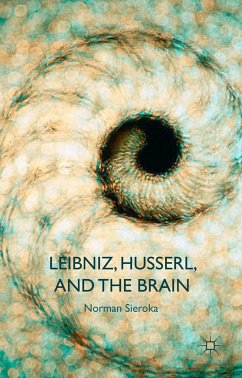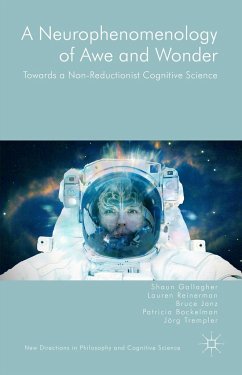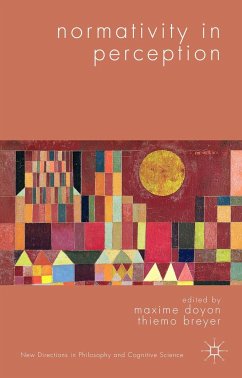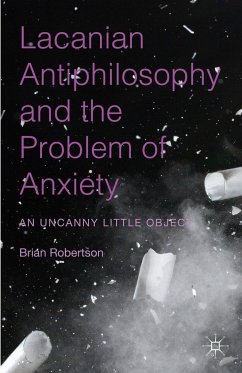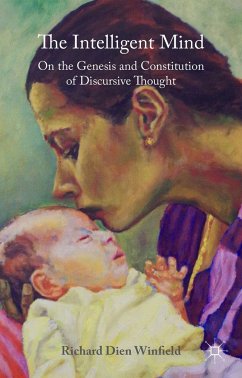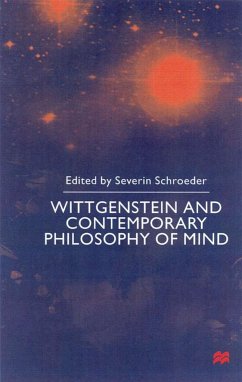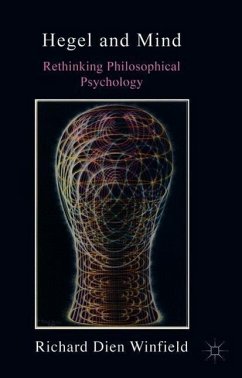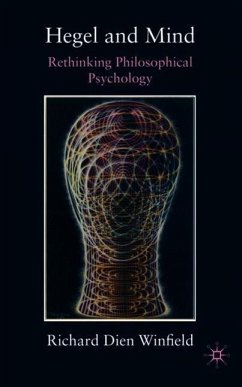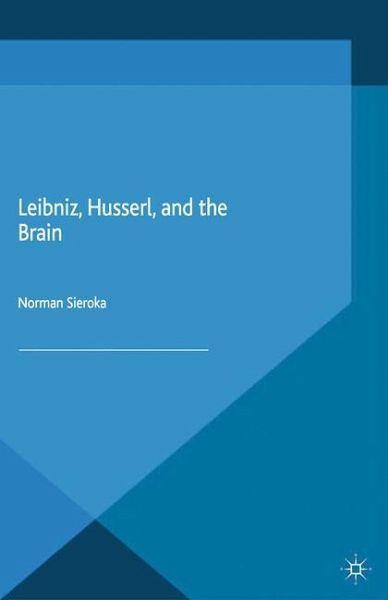
Leibniz, Husserl and the Brain
Versandkostenfrei!
Versandfertig in 6-10 Tagen
38,99 €
inkl. MwSt.
Weitere Ausgaben:

PAYBACK Punkte
19 °P sammeln!
This book is about structural relations between phenomenological and neurophysiological aspects of consciousness and time. Focusing on auditory perception and making new and updated use of Leibniz and Husserl, it investigates the transition from unconscious to conscious states, especially with regard to the constitution of phenomenal time.





